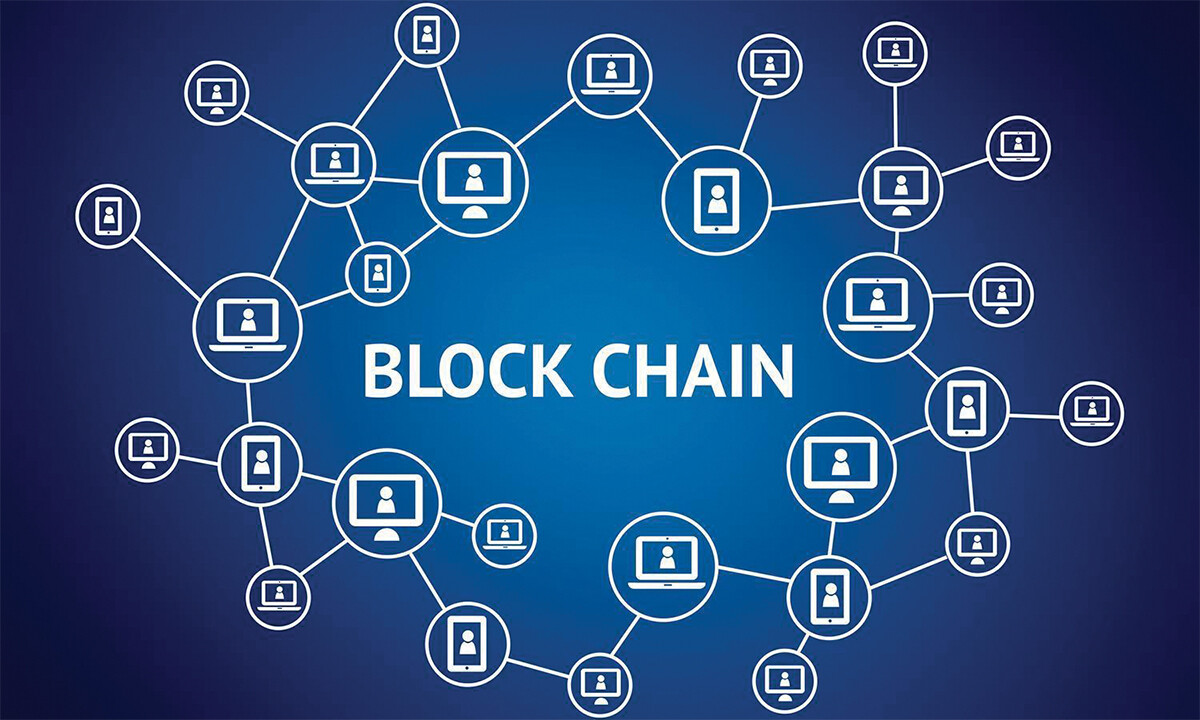Online Banking Insights
Your go-to source for the latest news and trends in online finance and banking.
Why Blockchain-Based Gaming is the New Frontier for Players and Developers
Discover how blockchain gaming is revolutionizing player experiences and empowering developers. Dive into the future of gaming today!
Exploring the Benefits of Blockchain Technology in Gaming
The integration of blockchain technology in gaming offers numerous benefits that can enhance both the gaming experience and the business model of the industry. One of the most significant advantages is the ability to create true ownership of in-game assets. Traditionally, players invest time and money into virtual items, but they don't truly own them; they are often tied to a centralized server. With blockchain, players can own, buy, and sell their virtual items as non-fungible tokens (NFTs), providing a sense of permanence and value that transcends individual games. This shift not only empowers players but also allows developers to create ecosystems where players can trade assets across different games.
Another critical benefit of blockchain technology in gaming is the enhanced transparency and fairness in gameplay. By utilizing smart contracts, developers can ensure that game mechanics and outcomes are tamper-proof and verifiable. This transparency helps build trust among players, as they can be assured that the game operates fairly without biases. Furthermore, blockchain can facilitate decentralized finance (DeFi) solutions, allowing players to earn cryptocurrency through gameplay, which can be reinvested into the gaming community. As a result, blockchain technology is not just revolutionizing how games are played, but also how gamers are rewarded for their time and effort.

Counter-Strike is a popular team-based first-person shooter game that has captivated players around the world. With its strategic gameplay and intense competitions, players must work together to complete objectives or eliminate the opposing team. To enhance your gaming experience, consider using a rollbit promo code for exclusive bonuses and rewards.
How Blockchain Empowers Players: Ownership and Control Over In-Game Assets
In recent years, blockchain technology has revolutionized the gaming industry by empowering players with true ownership of their in-game assets. Traditionally, players invest time and money into games, only to find that their hard-earned items and currencies reside within a centralized system controlled by the game developers. However, with blockchain, every in-game asset is represented as a unique non-fungible token (NFT) that players can securely own, trade, or sell. This shift not only brings transparency and security to transactions but also provides players with greater control over how they engage with their virtual investments.
The benefits of this empowerment are substantial. Firstly, players can trade assets across different games and platforms, breaking down the walls of traditional gaming ecosystems. Secondly, game developers can create a more engaging environment by incentivizing players with real-world value tied to gameplay. As a result, blockchain technology fosters a vibrant economy where players feel more attached to their digital possessions, ultimately enhancing the overall gaming experience. With the rise of decentralized finance (DeFi) and play-to-earn models, the future of gaming seems bright for players seeking more autonomy and ownership over their in-game assets.
What Are the Key Challenges Facing Blockchain-Based Games Today?
The emergence of blockchain-based games has undoubtedly transformed the gaming landscape, but they face several key challenges that hinder widespread adoption. One of the most significant issues is scalability. Many blockchain networks struggle to process a high number of transactions per second, which is essential for maintaining a smooth gaming experience. Games often require real-time interactions, and any delays can diminish player satisfaction. In addition to scalability, the complexity of blockchain technology can deter new players who are not familiar with concepts like wallets and cryptocurrencies, creating a significant barrier to entry.
Another challenge lies in the regulatory environment surrounding blockchain games. As governments worldwide begin to scrutinize cryptocurrencies and digital assets, developers must navigate a complex web of regulations that can vary greatly by region. This uncertainty can lead to legal risks and operational challenges. Furthermore, user adoption remains a hurdle, as many traditional gamers may be skeptical of the value and legitimacy of blockchain technology, especially with concerns around pay-to-win mechanics and the environmental impact of blockchain mining. Addressing these challenges is crucial for the future success and acceptance of blockchain-based games.